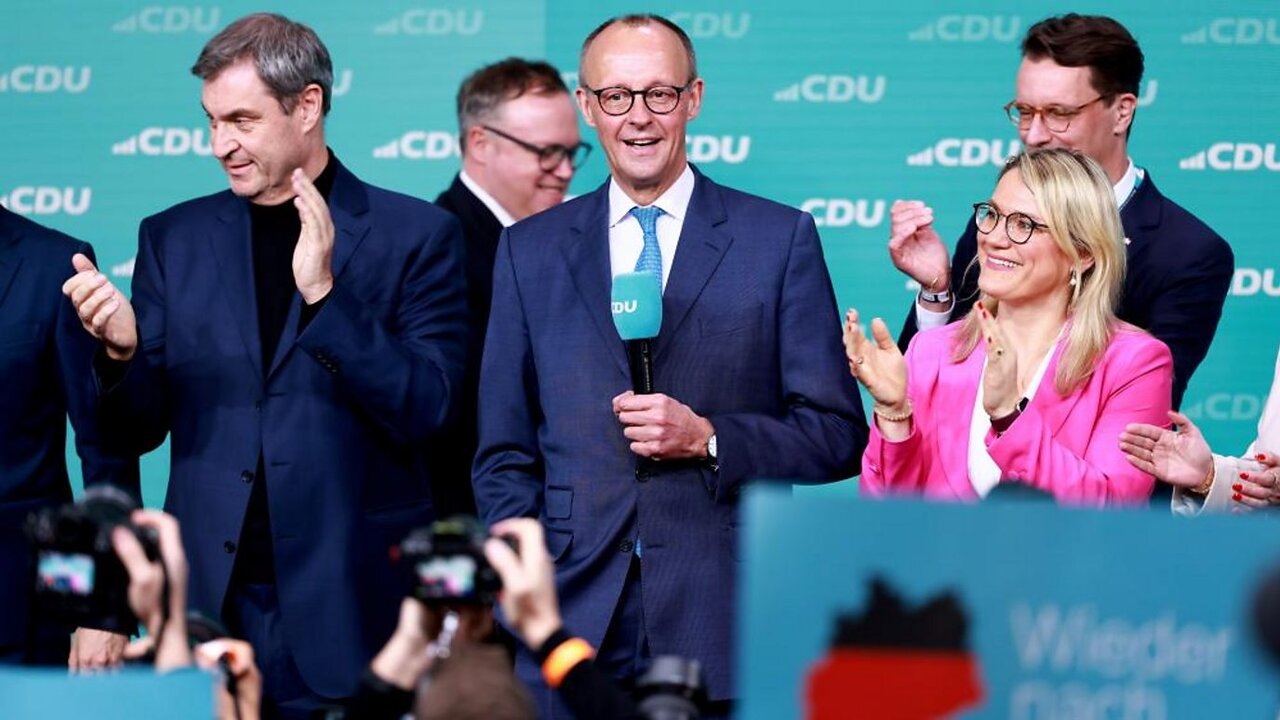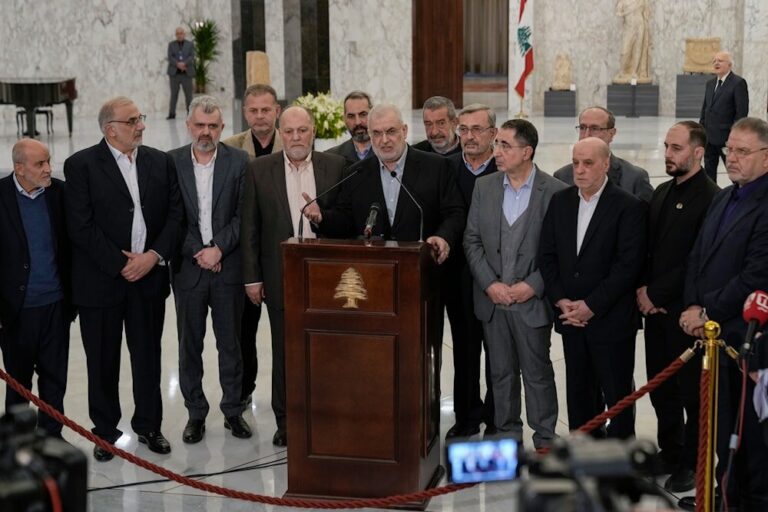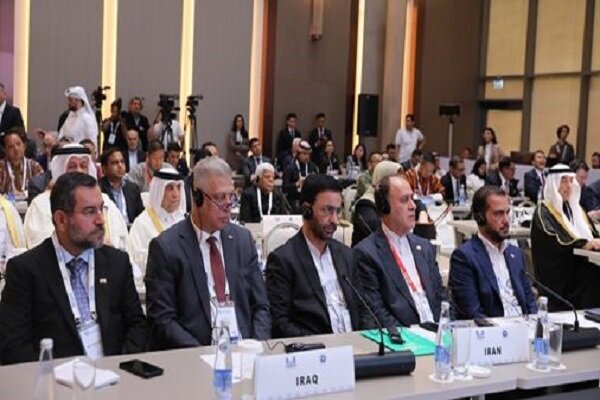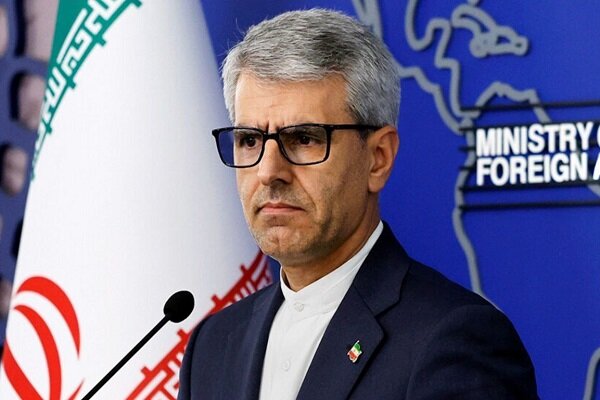Merz Advocates Gradual Independence from US: A Strategic Path Forward
Germany’s political landscape is undergoing significant changes as Friedrich Merz emerges as the new leader, emphasizing the need for Europe to assert its independence from the United States. This shift carries profound implications for the continent’s future, especially in light of recent electoral dynamics influenced by external actors.
In a recent roundtable discussion broadcast on television, Merz articulated a stark warning regarding the current state of relations between Europe and the United States. He expressed concern that the US has become “largely indifferent” to Europe’s challenges, underscoring the necessity for the continent to fortify its own position.
Merz’s comments came after his conservative party, the CDU/CSU, secured a victory in the recent elections. However, he did not shy away from criticizing the interference from US officials, particularly following the support extended by the Trump administration and prominent figures like Elon Musk towards the far-right Alternative for Germany (AfD) party.
During the discussion, Merz emphasized that his “absolute priority” would be to strengthen Europe’s autonomy. He stated, “We need to achieve real independence from the US step by step,” highlighting a vision for a more self-sufficient Europe.
The election outcome has garnered attention not only within Germany but also across the Atlantic. President Trump celebrated the CDU/CSU victory, declaring on social media that it marked “a great day for Germany.” This response further illustrates the intertwined nature of US and European politics, especially as Germany navigates its future leadership.
Key points highlighted by Merz during the discussion include:
- Independence from US Influence: Merz insists that Europe must find its own path and not rely solely on American support.
- Criticism of External Interference: He condemned the involvement of US officials in German elections, particularly favoring certain political factions.
- Strengthening European Unity: The new leader aims to bolster European ties and cooperation.
As Friedrich Merz steps into his role, his vision reflects a broader sentiment among many European leaders who seek to redefine their relationship with the US. The implications of this shift could lead to a recalibration of transatlantic relations and an exploration of new partnerships beyond American influence.
Furthermore, the rise of the AfD has raised concerns among various political factions within Germany and Europe at large. The AfD’s growing popularity poses challenges to traditional parties and can potentially reshape the political discourse in the region. In this context, Merz’s leadership will be crucial in guiding the CDU/CSU to counteract the influence of right-wing populism.
In his commitment to fostering independence, Merz may also prioritize strengthening economic and strategic alliances within Europe. This could involve:
- Enhancing Trade Agreements: Establishing stronger trade partnerships among European nations.
- Joint Defense Initiatives: Collaborating on defense matters to ensure security without relying on US military support.
- Promoting Technological Innovation: Investing in homegrown technologies to reduce dependency on foreign entities.
Merz’s vision for Germany and Europe emphasizes a future where European nations can operate autonomously while still maintaining cooperative relationships. This approach could lead to a more balanced geopolitical landscape, allowing Europe to navigate its challenges without the overshadowing influence of the United States.
As the political dynamics evolve, all eyes will be on how Merz implements his strategies and whether he can unify Europe under this new paradigm of independence. This endeavor will require not only political will but also a collective effort from European nations to align their goals and aspirations.
In conclusion, Friedrich Merz’s leadership marks a pivotal moment for Germany and Europe as they seek to redefine their role on the global stage. By advocating for greater independence from the US, he is positioning Europe to take charge of its destiny, fostering a future that prioritizes self-reliance and collaborative strength among European nations.






